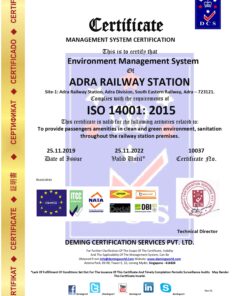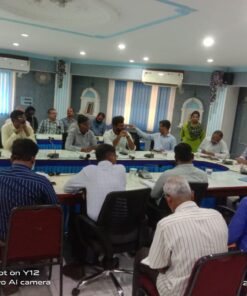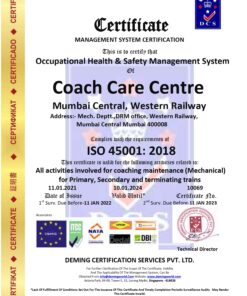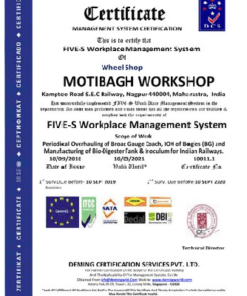Sale!
SA 8001 : Social Accountability
Original price was: ₹15,000.00.₹12,000.00Current price is: ₹12,000.00.
SA 8000 is a standard for social accountability that provides guidelines for organizations to ensure fair and ethical working conditions in their supply chain and operations. It was developed by Social Accountability International (SAI) and is based on international human rights conventions such as the Universal Declaration of Human Rights, the International Labour Organization (ILO) conventions, and the United Nations Convention on the Rights of the Child.
The SA 8000 standard covers a range of social accountability issues, including:
1. **Child Labor**: Prohibits the use of child labor, ensuring that no workers under the age of 15 (or the age defined by local law, whichever is higher) are employed.
2. **Forced and Compulsory Labor**: Prohibits forced or compulsory labor, ensuring that workers are not coerced into working against their will.
3. **Health and Safety**: Ensures safe and healthy working conditions for all employees, including providing proper training, equipment, and facilities.
4. **Freedom of Association and Right to Collective Bargaining**: Respects workers’ rights to form and join trade unions and to bargain collectively.
5. **Discrimination**: Prohibits discrimination in hiring, remuneration, access to training, promotion, termination, or retirement based on race, caste, national origin, religion, disability, gender, sexual orientation, union membership, or political affiliation.
6. **Disciplinary Practices**: Prohibits corporal punishment, mental or physical coercion, and verbal abuse of workers.
7. **Working Hours**: Ensures that working hours comply with applicable laws and industry standards, with a maximum of 48 hours per week plus 12 hours overtime, and at least one day off in every seven-day period.
8. **Remuneration**: Ensures that wages paid for a standard working week meet at least legal or industry minimum standards and provide for the basic needs of workers and their families.
To become SA 8000 certified, an organization must undergo a thorough audit by an accredited certification body to demonstrate compliance with the standard’s requirements. Once certified, organizations can use the SA 8000 certification to demonstrate their commitment to social responsibility and ethical practices to stakeholders, customers, and the public.
Implementing SA 8000 not only helps organizations meet legal requirements but also fosters a positive workplace culture, enhances reputation, and can lead to improved employee morale and productivity.









Reviews
There are no reviews yet.